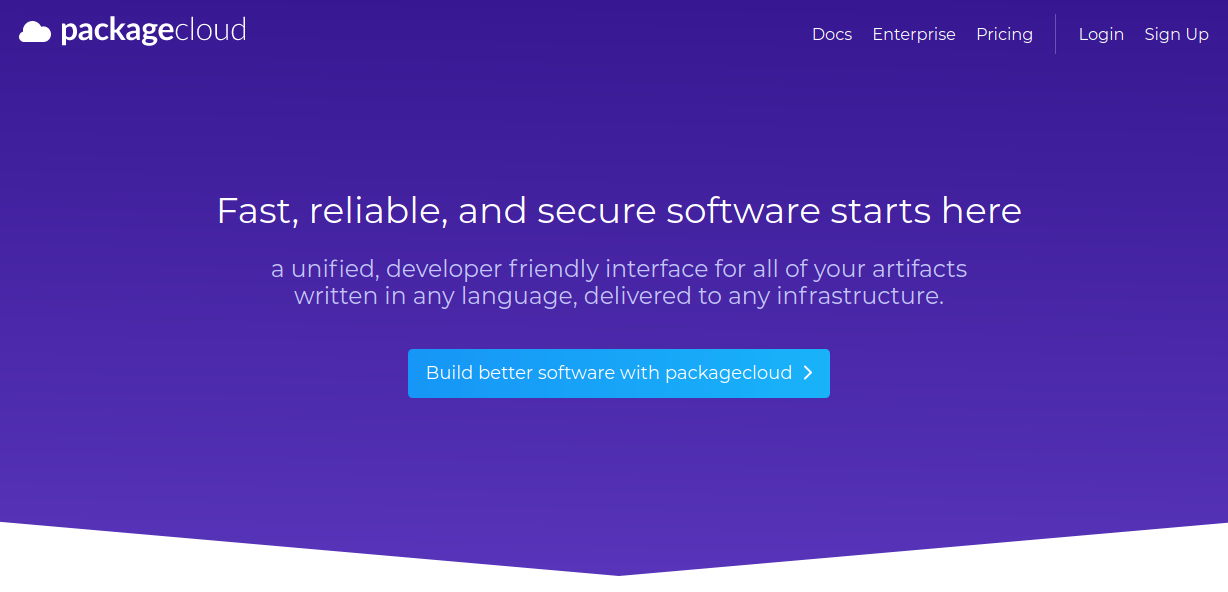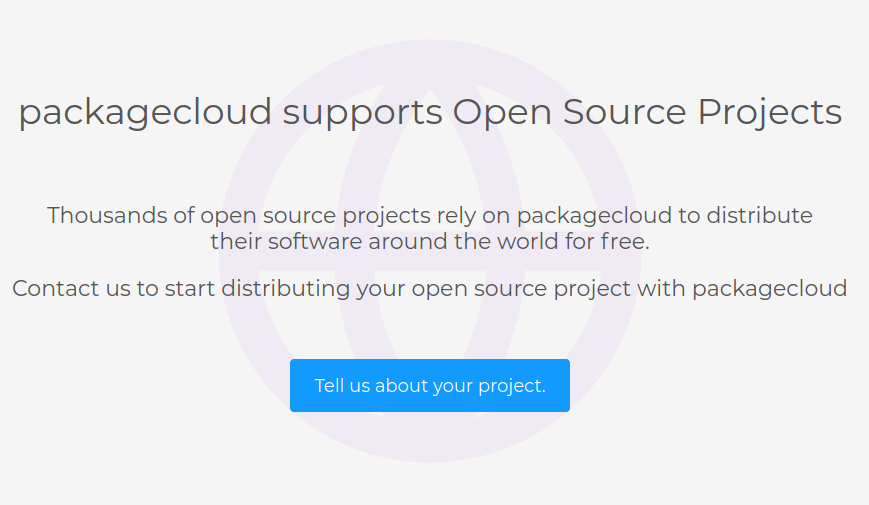
packagecloud.io.
On the 29th of June, we initiated our move to a new infrastructure, including our APT repository and storage server.
For the former, we decided to use the services provided by packagecloud.io. We used it aptly since we created our repository sometime four years ago. For the most part, it was okay, but it was insufficient to cover all our needs to manage an APT repository as the distribution grew.
We were, eventually, using aptly, becoming a burden and, at times, not uploading the packages we built. Other times, it wouldn’t update the package index. In some cases where aptly was supposed to manage (i.e., delete) packages, the files would not be deleted, and we had to do it manually.
In our search for a better tool for the job, we found packagecloud.io. We started by making an account, creating a repository, and uploading a test package, and it couldn’t have been easier (none of this has any cost, by the way).
All of this using their user-friendly web interface, something that aptly didn’t have. But uploading packages manually through a UI was not all; Packagecloud.io provides out-of-the-box integration for various CIs.
We use Travis CI to build our packages and our ISO files. The packagecloud.io documentation was straightforward to follow for this purpose, and it was just a matter of updating the travis.yml files in our repositories. We built and uploaded packages to our newly created repository in minutes.
We’re happy to have found packagecloud.io. However, that’s not all.

Packagecloud.io supports Open Source.
packagecloud.io also supports Open Source projects like ours, and after reaching out to them, they have also decided to support us!
And for that, we want to say thank you to packagecloud.io.
